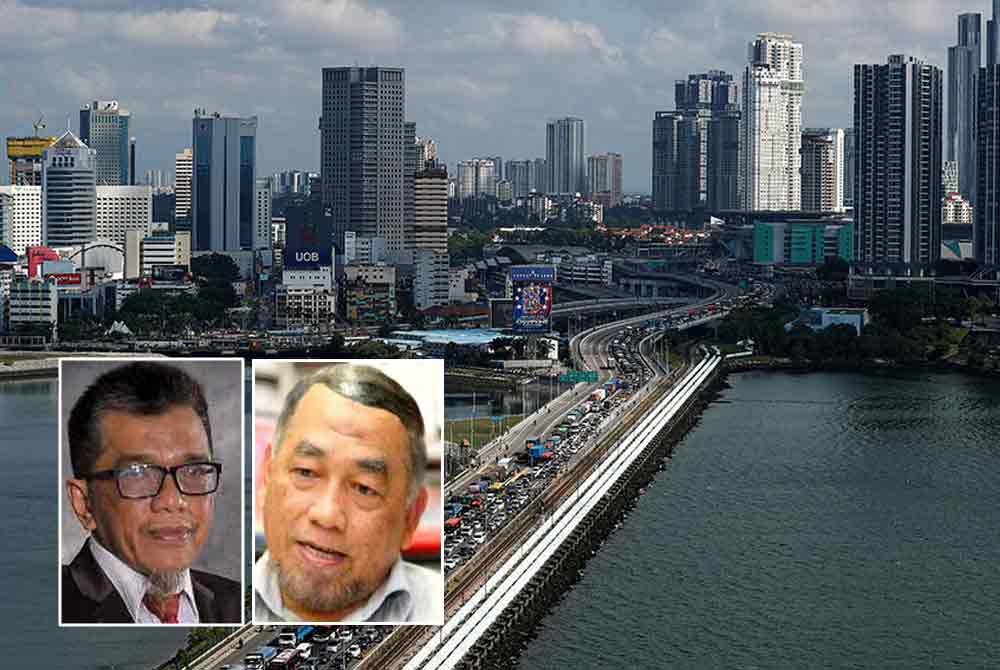Singaporean tourists not spending big in Malaysia

SHAH ALAM - Singaporean tourists especially those visiting Johor are reportedly not spending big like tourists from other countries.
Economic analyst Dr Barjoyai Bardai from Universiti Tun Abdul Razak that the closeness of Singapore and the perception of Johor as a second home were factors contributing to this situation.
He said Singaporean tourists only enjoyed the benefits that they were currently receiving due to the depreciation of the ringgit.
"On average, each tourist spends around RM4,000 during their three to four-day stay in the country. However, Singaporean tourists do not spend as much because some of them do not stay here; they only spend on buying goods.
"Their citizens who come daily only fill up their fuel and purchase cheap goods that are subsidised. It is as if they became Malaysian citizens because they enjoy all the facilities provided," he said.
He said this in response to a statement by Tourism Johor director Sharil Nizam Abdul Rahim that the current depreciation of the ringgit should be used wisely to attract more Singaporeans to visit the state for shopping and tourism destinations.
Barjoyai suggested expediting the implementation of targeted subsidies to ensure that foreign tourists maximise their spending in the country and do not get to enjoy benefits like Malaysian citizens.
"We need to swiftly implement targeted subsidies to prevent our subsidies from being enjoyed by foreigners who come as tourists but actually receive subsidies that should only be enjoyed by our citizens," he said.
Meanwhile, economics expert from University College i-CATS Kuching Professor Datuk Dr Shazali Abu Mansor rejected the sentiment that the depreciation of the ringgit was beneficial for the country, even though it may bring added value to the country's tourism sector.
"A continuous depreciation of the ringgit is not good. The Malaysian Ringgit has crossed the line, causing concern among the people; we can no longer use it as an excuse for being good.
"We need to take appropriate measures such as controlling capital outflows or attracting investors," he said.
He emphasised that the depreciation of the ringgit was unhealthy and reflected that the country's economy was not in a good state.
"The strength of the ringgit is a factor that measures the stability of a country's economy," he said.
Download Sinar Daily application.Click Here!















